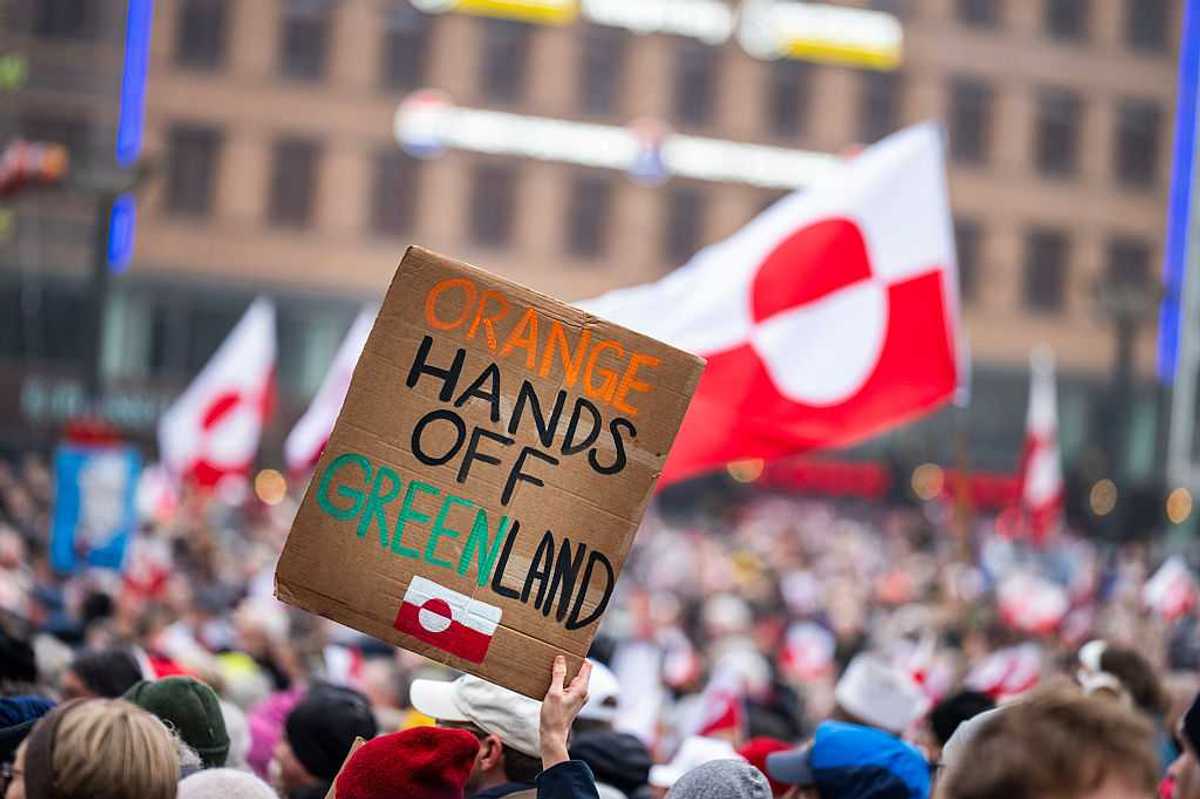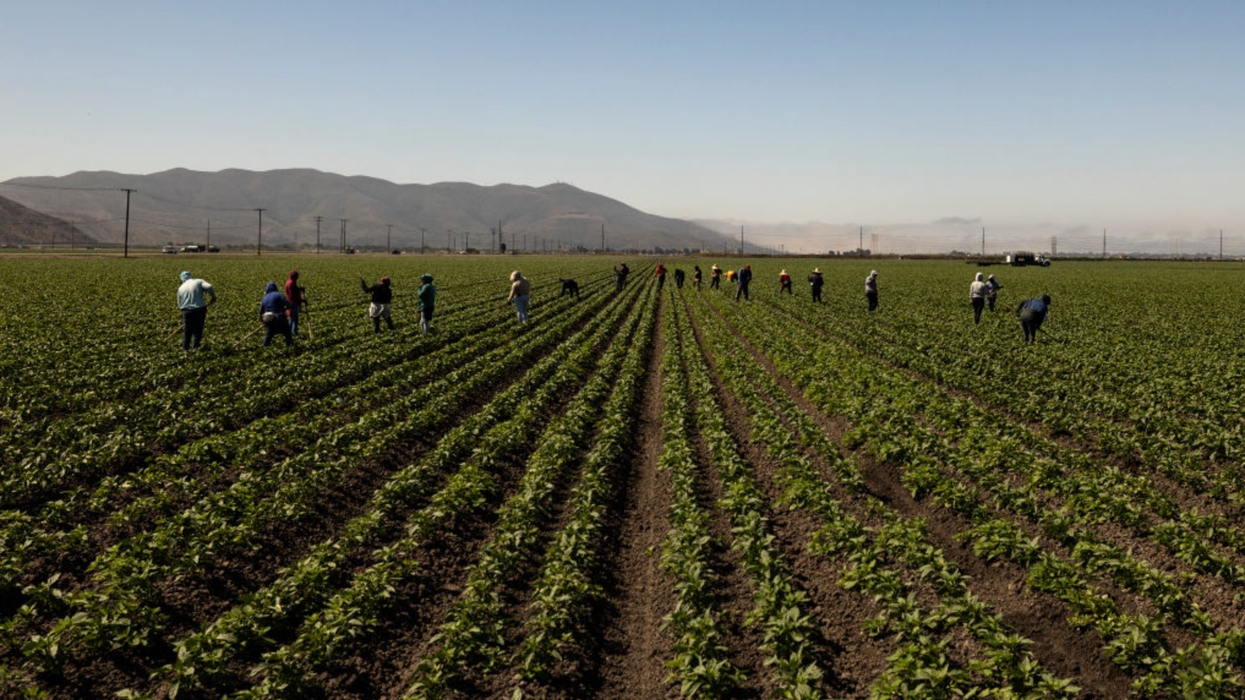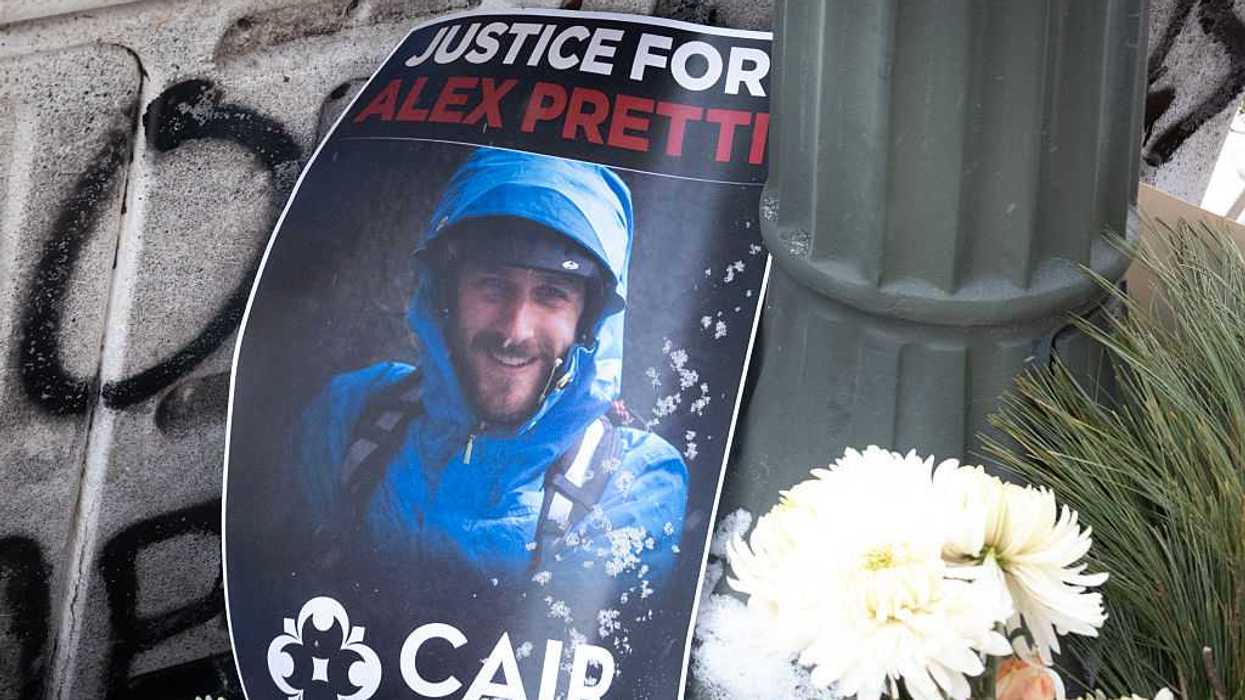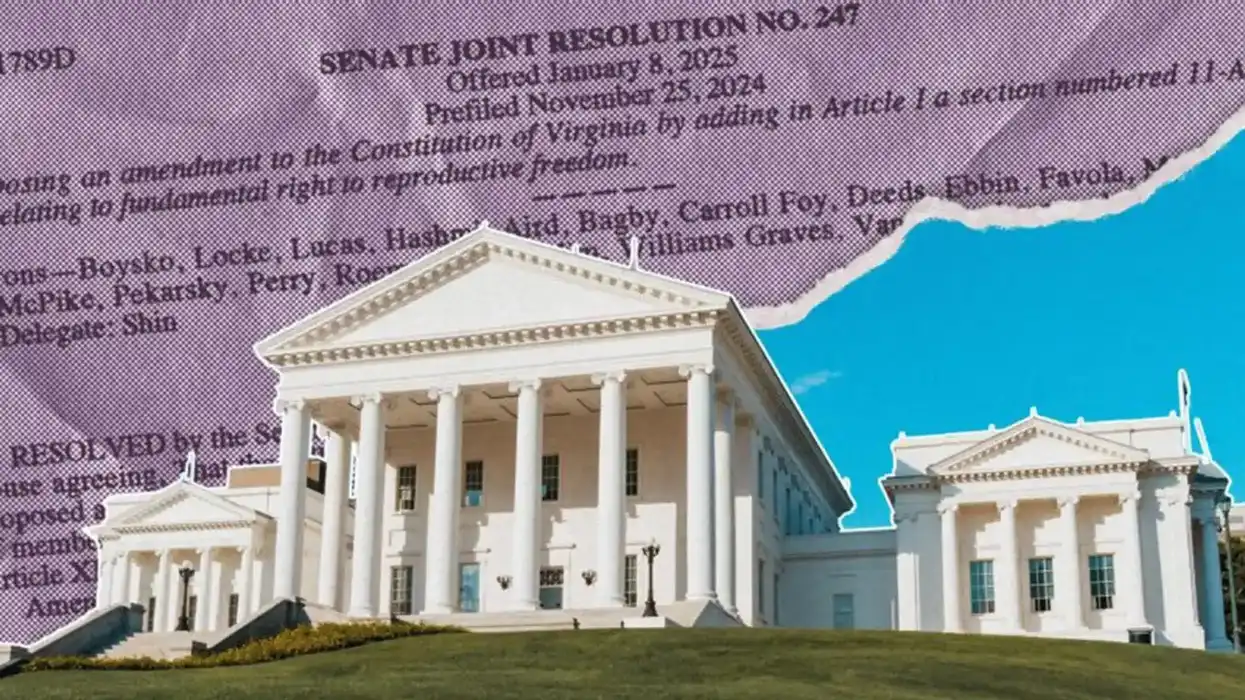President Donald Trump’s messaging about deporting undocumented farm, food and hospitality workers has shifted multiple times in recent days, with his latest comments indicating he may be open to a middle-ground solution.
Despite appeals from affected industries and Trump’s comments in support of leniency in such sectors, ICE agents resumed deportation-related work last week, edging the Trump administration nearer to its goal of 3,000 arrests every day. This reversal comes as congressional Republicans continue their work on the “Big Beautiful Bill,” Trump’s wide-ranging policy initiative that would add $75 billion to the ICE budget over the next five.
The short pause on deportations in two industries that collectively employ more than 1.2 million undocumented workers was an attempt to partially address fears that the national food supply chain and the leisure industry would be upended by the raids.
Trump even issued a rare concession on social media on June 12: “Our great Farmers and people in the Hotel and Leisure business have been stating that our very aggressive policy on immigration is taking very good, long time workers away from them, with those jobs being almost impossible to replace.”
Just days later, Trump rescinded that stay – but later told reporters there might be another way to help “reputable” farmers who take responsibility for undocumented workers. The industry, which depends heavily on an undocumented workforce, has long been a reliable supporter of Republican politics.
The agribusiness sector funneled hundreds of millions to Republicans and conservative groups in 2024. Individuals and political action committees affiliated with the sector donated $107 million to candidates and political parties during the most recent election cycle, with 66 percent going to Republicans. That continues a decades-long trend of primarily supporting GOP candidates.
The sector spent $50.9 million on lobbying in the first quarter of 2025, a little ahead of the 2024 pace ($179.8 million total). Some of the top spenders include Archer Daniels Midland, which funneled $2 million into lobbying in Q1 of 2025 (compared to $870,000 in Q1 the year prior), as well as PepsiCo Inc, which spent $1.6 million on lobbying since the start of the year.
Reyes Holdings, one of the largest players in the food sector, funneled the most of any industry titan to conservative groups. The company’s employees and PACs gave $2.1 million to Republican candidates and parties. Brothers Christopher and Jude Reyes, who co-lead the company, donated another $19 million to a pair of super PACs: $10 million to the Senate Leadership Fund, which works to keep a Republican majority in the Senate, as well as $9 million to the Congressional Leadership Fund, which is focused on House Republicans. Their only Democratic contribution was a $75,000 donation to California Gov. Gavin Newsom’s 2022 campaign.
The second largest political contributor in the agribusiness sector in the 2024 cycle, Mountaire Corp., also focused on the conservative candidates and causes. Employees and PACs gave $2.7 million to Republican candidates and parties, while company chairman Ronald Cameron funneled $16.6 million to other groups, including $4.5 million to each of three super PACs: Americans for Prosperity Action, the Congressional Leadership Fund and the Senate Leadership Fund.
The other leading contributors in the sector, such as British American Tobacco, Rai Services Co and Altria Client Services, each directed all or nearly all of their political contributions to conservative groups.
The national farm labor force is propped up by undocumented farm workers, who make up 42 percent of all farm employees. As a result, many of the largest farms in the country continue to lobby for and support Democratic organizations despite the industry trending towards support for predominantly Republican causes.
Gwendolyn Sontheim of Cargill Inc., a global food company that owns some farms, donated $1 million to the Democratic-supporting House Majority PAC, almost $576,000 to the Democratic Congressional Campaign Committee and $68,000 to Kamala Harris in 2024.
United Farm Workers, a labor union that works to protect farm workers and ensure fair wages, spent relatively little on lobbying and political contributions in relation to the agribusiness titans. Employees and members of the union funneled all their donations to Democrats: $9,000 to Harris in 2024, along with a host of other Democrats in numbers ranging from tens of dollars to a few thousand. The union spent just $70,000 on lobbying in 2024 and only $10,000 in the first quarter of 2025. Other farm unions demonstrated similar patterns of political spending.
On June 10, the UFW released a statement noting, “Any federal actions designed to terrorize and separate farm worker communities is an attack on Californians and a dangerous waste of resources. … We also say not just to farm workers, but to all working people in California: we are in this together.”
In California, more than 75 percent of farm workers are undocumented migrants, making it one of the most hard-hit by immigration raids. Yet, California’s largest farm, Tejon Ranch, contributed over $152,000 to the Republican Party in 2024, compared to just $67 donated to Democrats.
Meanwhile, the lodging and tourism industry has primarily donated to Democrats over the past decade. In 2024, PACs and employees donated $18 million to candidates and party committees, with 65 percent going to Democrats.
But affiliates of the industry’s largest political contributor, TRT Holdings, funneled the lion’s share of their donations in 2024 to conservative groups: $501,000 to GOP parties and candidates, along with, totalling $3.6 million to conservative super PACs.
The largest hotel companies, such as Marriott International and Hilton Worldwide, slightly increased their lobbying spending in the first quarter of 2025, compared to previous years. Marriott International’s Q1 spending jumped from $540,000 in 2024 to $640,000 in 2025. Similarly, Q1 spending for Hilton Worldwide rose by $40,000 to $440,000 between 2024 and 2025.
Overall, the lodging and tourism industry spent $5.2 million on lobbying in the first of the year after spending $17.7 million last year.
Agribusiness and Hospitality Sectors, Threatened by Deportations, Poured Millions Into Republican Victories was originally published by Open Secrets.
Natalie Jonas is a freelance investigative journalist.




















